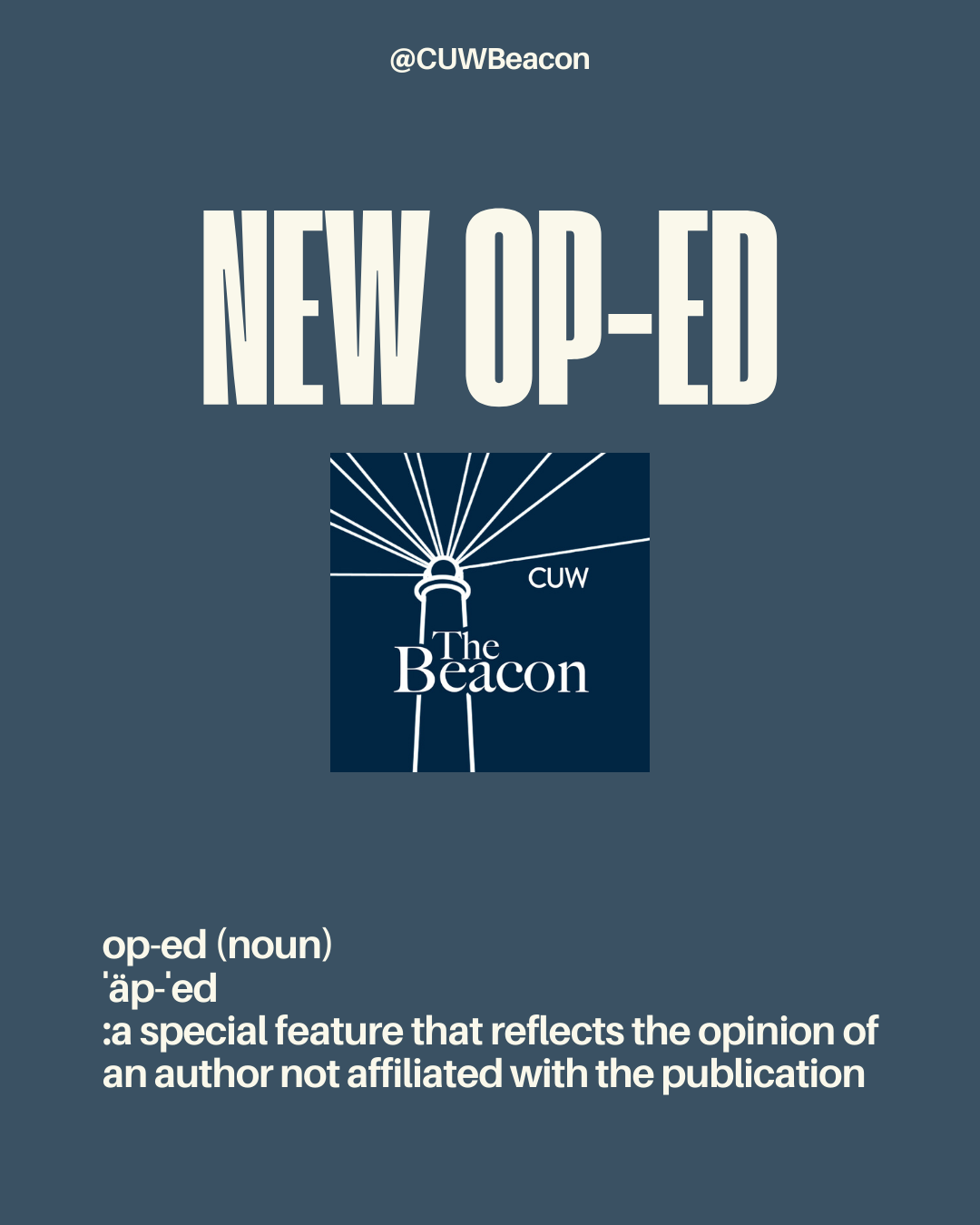
The views and opinions expressed in the following article do not necessarily reflect the views or opinions of Concordia University Wisconsin. The editorial board of The Beacon has reviewed but is not affiliated with the content and as such op-eds published in The Beacon should not be considered the official view of the University.
Growing up in a multicultural household, I learned early on the power of stories—stories of resilience, culture, and identity. My father’s stories about his childhood in Palestine were more than just memories—they were lifelines to a place that is an essential part of who I am. My Palestinian heritage is a wellspring of resilience, culture, and community. nothing could prepare me for the painful realization I’ve had this year: the extent to which my people, Palestinians, are dehumanized—right here, in the very institution I trusted to expand my understanding of the world.
This year has been a journey of painful discoveries. I expected that, as a Palestinian, my narrative might be misunderstood or even dismissed. But what I didn’t expect was the casual, almost effortless way my professors, peers, and the university itself would strip away our humanity. It’s one thing to feel unseen; it’s another to feel actively erased. The stories of my family, the very real pain and history they endured, are treated as irrelevant—or worse, as something to be feared.
Professors have labeled Palestinians “terrorists” without hesitation or nuance, reducing my people to nothing more than a threat. These words aren’t just statements—they’re daggers. They cut deep, because they not only erase our history and struggle but our very humanity. It’s as though in their eyes, we are not allowed to exist beyond this harmful stereotype. We are reduced to violence, stripped of our culture, our pain, and our dignity.
My father’s childhood home in Palestine stands as a symbol of that vulnerability. We don’t know if it’s still standing. The house where he grew up, where generations of my family lived, is exposed to the constant threat of demolition. Every day that goes by, I wonder if the home that holds so much of our family’s history is still there—or if it’s been reduced to rubble, another casualty of a conflict that has taken so much from us.
The fear of losing our home isn’t new to my family. My grandfather, a proud man who worked hard to build a life for his children, was threatened so severely by the Israeli Defense Forces (IDF). Those threats were not empty; they made it impossible for him to return to his home, the land where he had rooted his entire existence. His life, like the lives of so many Palestinians, was disrupted, displaced, and uprooted by forces beyond his control.
When I think about what it means to be Palestinian, I think about my grandfather’s strength, my father’s memories of a house we may never see again, and the unbreakable connection we have to the land, no matter how far we are from it. I carry that legacy with me every day. It’s what gives me pride, even in the face of a university that refuses to acknowledge my humanity.
I didn’t come to this university expecting my identity to be celebrated, but I did expect to be seen as human. This year, I’ve come to understand that for some, my humanity is a burden—too inconvenient to acknowledge, too controversial to engage with. But despite their attempts to silence me, I cannot stay silent. I refuse to accept the erasure of my people, my family, and my story.
This year has shown me how easy it is for an institution to make a people invisible. I walk through halls where my identity as a Palestinian is either ignored or demonized. My family, my heritage, and my people are not acknowledged as fully human—merely a problem to be discussed in passing, something to be feared, not understood.
The university’s indifference isn’t neutral—it is a form of violence. By refusing to recognize the humanity of Palestinians, it contributes to the erasure of our identity. Every time a professor makes an offhand comment about Palestinians, every time an event ignores our narrative, they add to this dehumanization. It tells me, and everyone who identifies with my story, that our existence doesn’t count.
Being Palestinian is more than just a label. It’s a life filled with love, joy, culture, and history. But here, it has been reduced to a single word: terrorist. That reduction is the most painful part, because it denies us the fullness of our lives and experiences. I’m not asking for agreement or understanding from everyone. What I am asking for is basic humanity. To see us as more than a stereotype. To acknowledge that our existence, our stories, are real.
—Published Anonymously; The editorial board of The Beacon has reviewed but is not affiliated with the content and as such op-eds published in The Beacon should not be considered the official view of the University.
